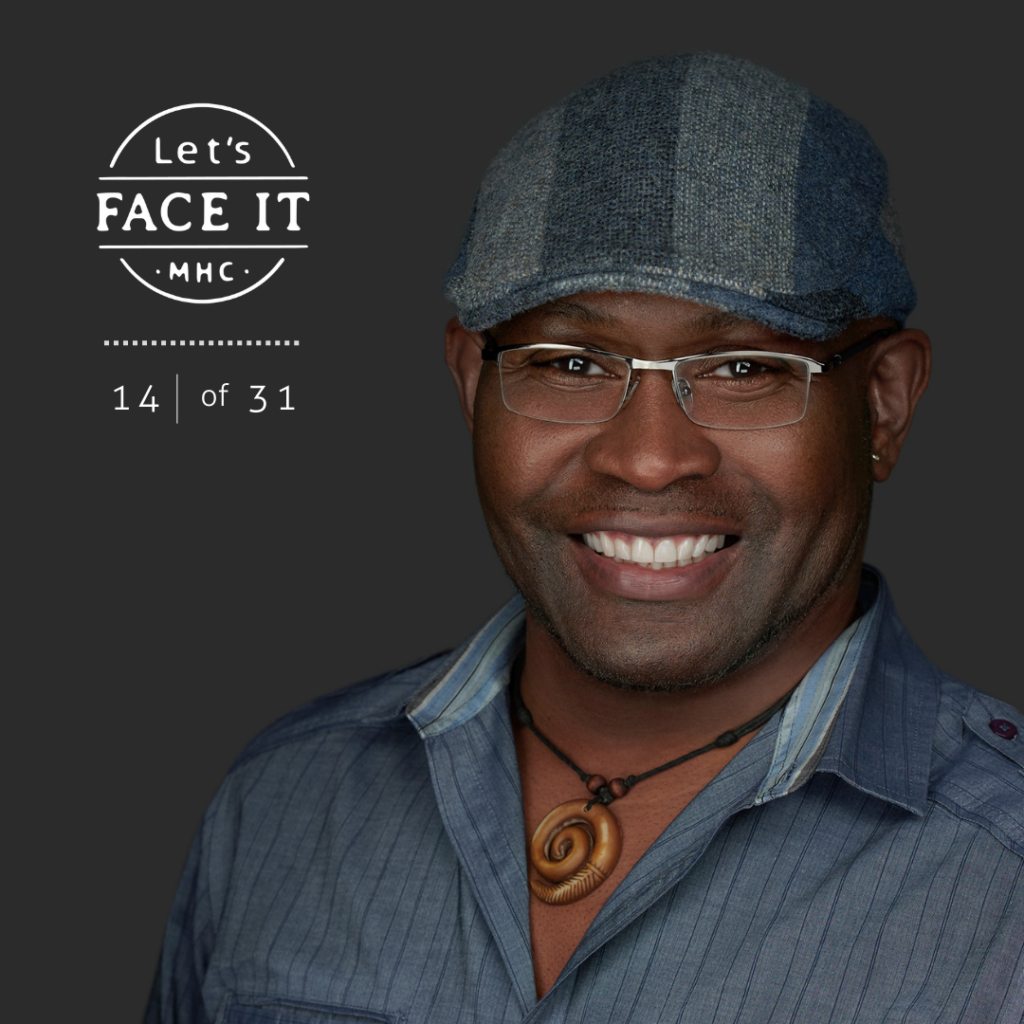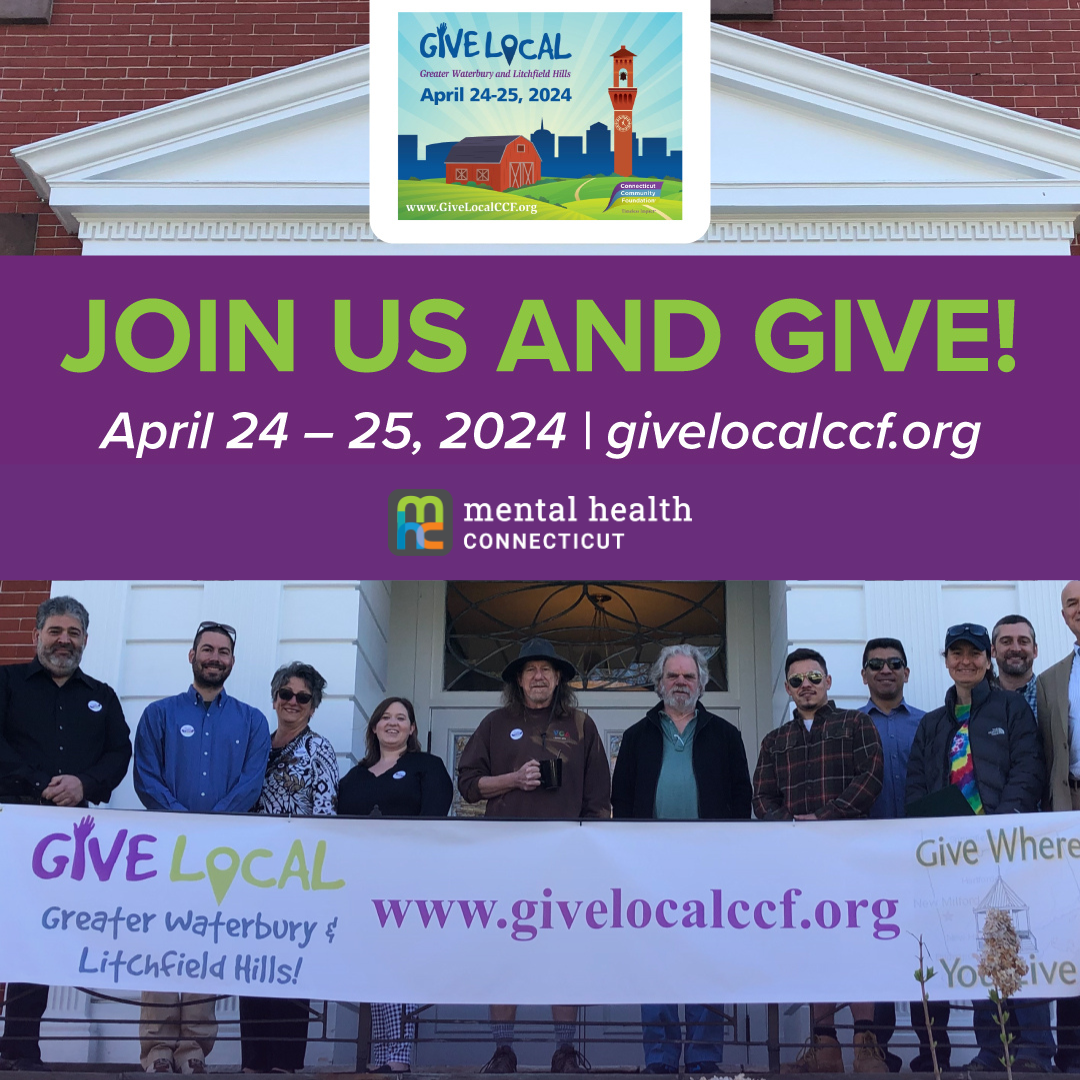 Kelvin B. Young wants people to know that they are more than the label some may use to describe them, that labels are only as stigmatizing as we allow them to be.
Kelvin B. Young wants people to know that they are more than the label some may use to describe them, that labels are only as stigmatizing as we allow them to be.
A former convicted felon and having lived with substance use challenges, Young credits getting beyond labels as one of the strategies that helped change his life. “Language matters,” he says. “To be labeled as a convicted felon, as an addict, as an alcoholic—society throws those labels at us and creates stigma. We internalize them and we create our self-imposed prison because I’m all these things. I believe in person-centered language. Addiction is a human experience, not a human identity. Behind the alcoholic there’s a human being.”
Today, Young is a certified sound healer and recovery support specialist who helps others come to terms with their mental health and more. “I began my inner journey while in prison,” says Young, “The unprocessed trauma from my childhood, even the racial trauma I had experienced—all were at the root of my addiction. For many years I reached outside myself to find relief from the emotional pain.”
“I had misperceptions about yoga and meditation,” he says of discovering them in prison. “I didn’t see people like me doing this. I thought yoga was for privileged white women. I thought meditation and sound healing was for hippies. But I needed to step out of my comfort zone and use it as a way to heal from within.”
He also needed to realize how he allowed labels to control his patterns. “There is a lot of stigma around being an incarcerated black man going back into the community. The system is designed for people to go back and be part of the recidivism statistic.”
It was during his last time in prison that Young realized he needed to change his life. “I got to the point where I was sick and tired of being sick and tired,” he says. “My daughter was growing up without a father. I had an epiphany that I needed to change my life. My daughter was my inspiration to find inner motivations to take advantage of everything I could do while in prison to become a better father.”
“People say once an addict always an addict. I don’t believe that,” Young says. “Those are self- imposing stigmas. In sound healing we understand that in the unconscious mind is where our social conditioning is stored. If I stand up every day and say I’m an addict, I’m programming my unconscious mind that I’m an addict.
“I understand why people say that,” he adds, “but there’s a lot of power in words.” Rather than using addict or alcoholic to describe someone, Young would like to see people with these kinds of challenges described as a person with a substance use disorder. “It’s healthier language for people who are dealing with any of these issues to live by,” he says. “It’s more hopeful, more person centered. I know how those stigmatizing words can disempower us. And this is a condition in which we need to be empowered to take responsibility for our health and well being.”
“We are persons first,” Young continues. “We’re brothers, sisters, uncles. We are not our disease. We are not our mental health issues. We’re more than that.”
Each day in May, you will meet a new face and a new lived experience, because #LetsFaceIt there is no one-sized fits all when it comes to our wellbeing. View past posts here.
Looking for resources or support in CT but don’t know where to start? Contact MHC’s free Information & Referral line: https://www.mhconn.org/education/information.


